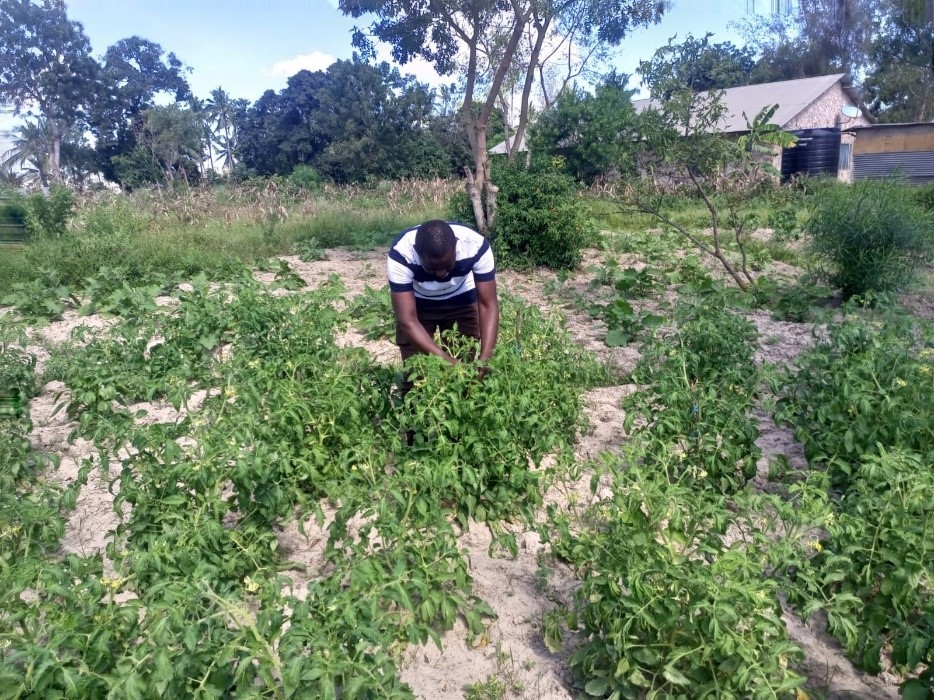The initiative addresses food insecurity in Kilifi County's Kisurutini Ward exacerbated by climate change. Limited access to affordable vegetables leads to malnutrition, while economic challenges prevent meeting essential needs. Through promoting agro-ecology, offering alternative livelihoods, and empowering community members to cultivate surplus produce for income, it enhances resilience by tackling both nutritional and economic deficiencies.
Agro-ecology and water storage infrastructure

The initiative, located in Kilifi County, Rabai Subcounty, Kisurutini Ward, primarily addresses the prevalent food security challenges in the region.
By promoting agro-ecology, the project aims to provide alternative livelihoods for young people and educate the community about climate change issues, thus enhancing their resilience. This initiative is addressing the climate change issue and fundamental problem of malnutrition within the community by ensuring access to affordable and nutritious vegetables. Furthermore, it seeks to provide an alternative solution by empowering community members to cultivate surplus produce. By selling these extra crops, the initiative generates income that can be utilized to meet essential household needs. In doing so, it tackles both the nutritional deficiencies and economic challenges faced by the community. The approach not only offers a sustainable source of healthy food but also promotes self-reliance and financial stability. Income to cover essential household items.
We aim to enhance our water storage infrastructure by transitioning from the use of jerricans to larger water reservoirs. This expansion is pivotal to our commitment to fostering economic empowerment among young individuals like ourselves. By harnessing water during the short rains and efficiently storing it for our agricultural projects, we envision a substantial improvement in our overall yields. Our agroecological model is inherently water-efficient, and this strategic investment in a water tank will undoubtedly boost our harvests, resulting in surplus production. This surplus, in turn, is instrumental in furthering our primary goal of empowering young people, as it offers the potential for increased income and sustainable growth in our endeavors.

